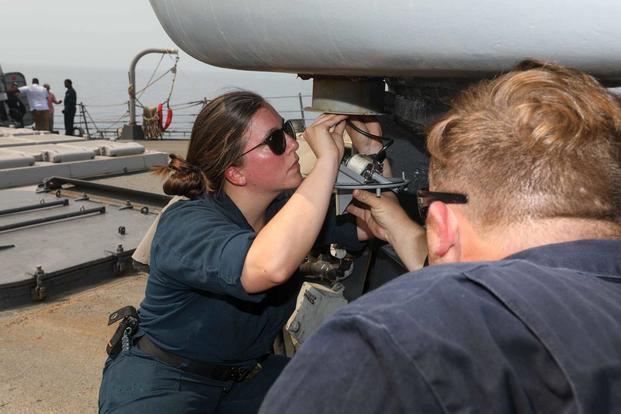Many civilian jobs have certain professional and technical standards. Credentials show prospective civilian employers that your skills are on par with your civilian peers.
Some jobs require employees to have certain credentials, other jobs may pay those with credentials more than those who do not. Federal, state, or local law may require specific credentials to legally perform some jobs.
Obtaining credentials – certifications and licenses – can give you an advantage over job seekers who do not have documented credentials and skills.
Credentials may also assist you in getting promoted within the military. Civilian credentialing can contribute to military career development, and may be accepted for self-development requirements and in performance evaluations.
What Are Credentials?
What exactly are credentials? They are basically a certification that you possess a specific skill set, or are considered qualified to do a certain job.
For example, a welder can show his welding certifications to an employer to document that he has specific skills and knowledge, such as high pressure or underwater welding skills, or a a mechanic may be certified as an expert with diesel engines.
Whatever the job field, there are probably credentials related to it.
How Do You Receive Credentials?
Each branch of the military offers credentialing through various options, either online testing, classroom training, or granting credentials based on your MOS or NEC. In many cases, you may have your credentialing testing or training paid for by the military. In other cases, the GI Bill will help to pay for your training. Please see our service-specific credentialing pages for more information:
- Army Credentialing
- Air Force Credentialing
- Navy Credentialing
- Marine Corps Credentialing
- Coast Guard Credentialing
- Army National Guard Credentialing
The Next Step: Get Veteran Jobs Tips
Looking for transition and veteran jobs tips? Military.com has you covered. Subscribe to Military.com to have military news, updates and job resources delivered directly to your inbox.





